What a Trump presidency means for Ukraine, Middle East, Europe and Asia
Foreign policy will fundamentally shift on issues around the world. The Times’ correspondents explore how the countries they cover will be affected.
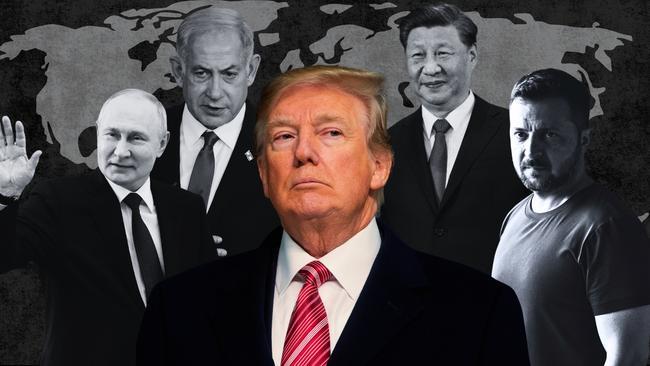
Ukraine may be forced to abandon its ambition to join Nato and concede a vast swathe of territory to Russia, while Israel may come under renewed pressure to end its wars in Gaza and Lebanon, after Donald Trump is sworn in as US president for the second time.
China said that it was hoping for a future relationship with Washington based on “mutual respect” but may find itself in a trade war with the US.
What is certain is that Trump’s victory will change America’s foreign policy and mark a fundamental shift from the priorities of the Biden administration. Here is how it may affect key parts of the world.
Ending the war in Ukraine
By Catherine Philp
Ukrainians woke on Wednesday to the prospect of their country’s dismemberment under plans drawn up by Trump’s advisers to end the war with Russia on Ukrainian soil.
Senior Trump advisers proposed in June that he would coerce President Zelensky into peace talks by threatening to cut weapon supplies to Ukraine if the country kept fighting.
Under the plan, endorsed by Trump in an interview in July, Moscow would be warned that any refusal to negotiate would result in increased American support for Ukraine.
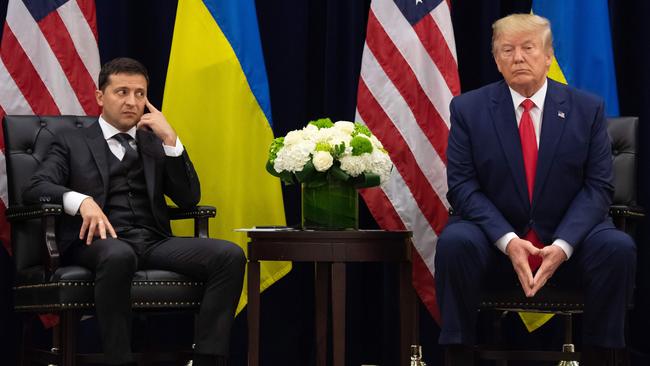
It is unclear how such a bluff would work on Moscow given the strategy is publicly known. Ukraine has signalled a new willingness to negotiate since its troops invaded the Kursk region of Russia and seized territory there, but Moscow has said it will not talk as long as Ukrainian troops are on its soil.
Critically, however, Zelensky has said that Ukraine’s territorial integrity is not up for grabs, noting that its constitution prevents territory being given away.
The strategy would mark a radical departure from American policy under President Biden, who has provided Ukraine with billions of dollars in military assistance despite complaints from Kyiv that weapon deliveries have been sufficient only to keep it fighting but not to defeat Russia. It would also put Washington at odds with its most important European allies, including Britain, France and Germany.
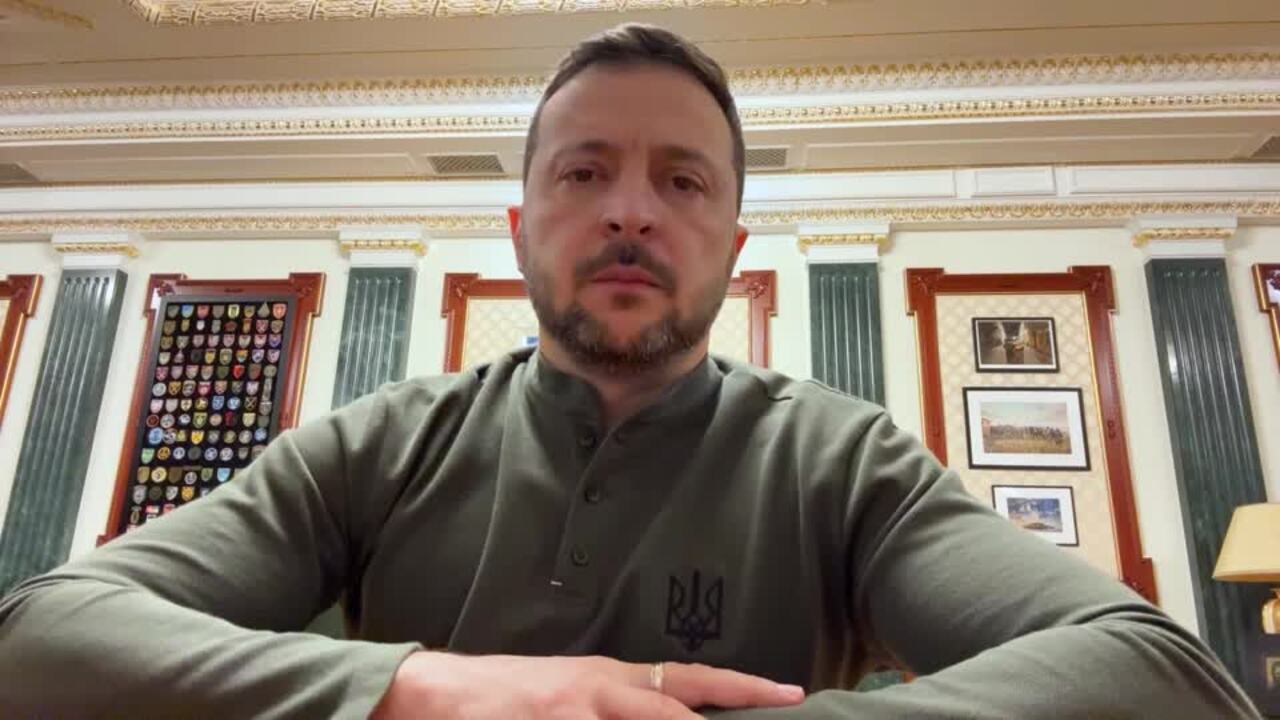
JD Vance, who will become the vice-president elect, expanded on the plan in September and said that Trump would freeze the conflict along its present front lines, force Kyiv to cede territory occupied by Russian forces and impose a “demilitarised zone” to keep the peace.
Ukraine would retain its independence in return for a guarantee that it could not join Nato or other “allied institutions”, Vance said, raising a question mark over the European Union membership that Ukraine is seeking. European voices have been warning that the continent would have to step up its support for Ukraine in the event of a Trump victory.
Vance told a podcast in September: “I think what this looks like is Trump sits down, he says to the Russians, the Ukrainians, the Europeans, ‘You guys need to figure out what does a peaceful settlement look like?’ And what it probably looks like is the current line of demarcation between Russia and Ukraine, that becomes like a demilitarised zone.”
Republicans in Congress have increasingly turned against the Biden policy of arming and funding Ukraine. Vance condemned the Biden strategy and said that it was simply to “throw money at this problem and hope the Ukrainians are able to achieve a military victory that even the Ukrainians are saying they can’t achieve. Donald Trump’s policy is, yes, be strong - but also be smart. Negotiate.”
Controlling Middle East conflict
By Samer Al-Atrush
Trump and his running-mate have both said that the war in Gaza must end. It may be harder for Israel to say no to an unpredictable president than to Biden, whose warnings to Israel have been largely ignored.
Biden has been deeply supportive of Israel’s military campaign, despite the occasional reservation over the civilian death toll and the restrictions on aid entering Gaza. Kamala Harris appeared to promise a harder line than Biden if she had won the election.
Binyamin Netanyahu, the Israeli prime minister, believes that Trump would be a more supportive ally, having recognised Israel’s annexation of the Golan Heights and moved the US embassy to Jerusalem in his first term.
Netanyahu congratulated Trump on “history’s greatest comeback” in a tweet on Wednesday morning while far-right Israeli coalition members welcomed the Republican’s victory. But they may end up ruing it.
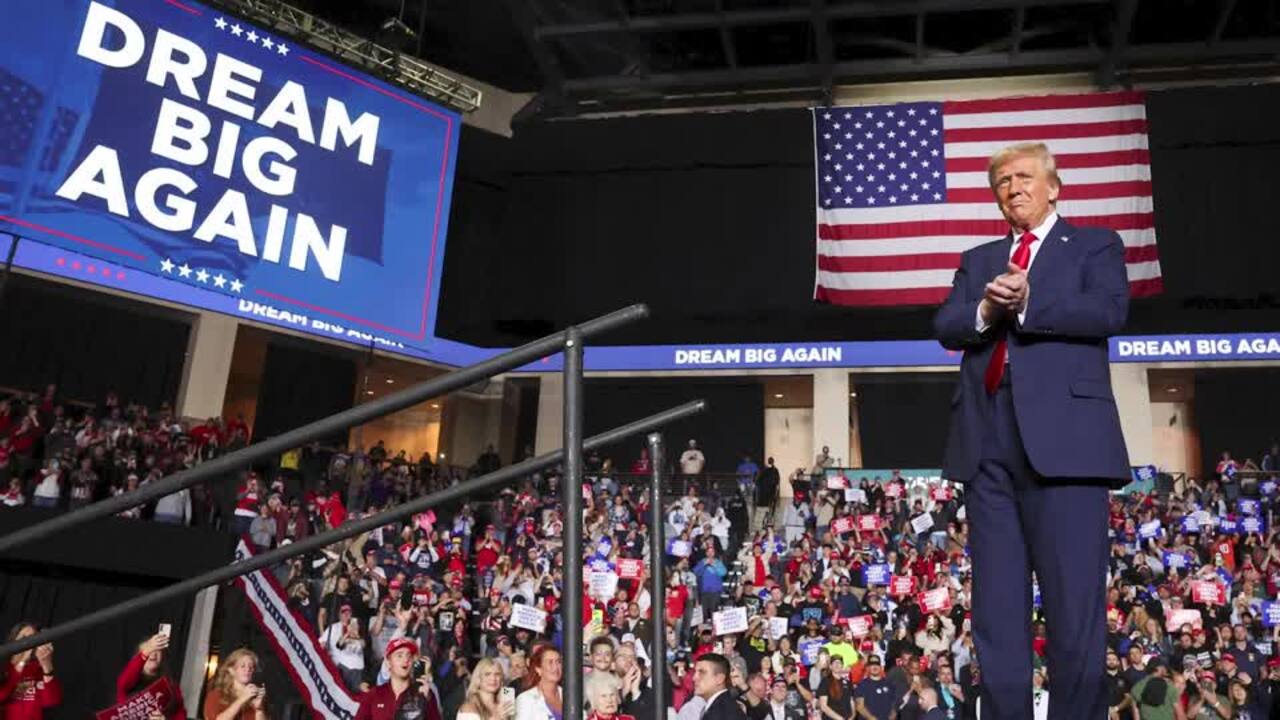
Trump had made no secret of his distaste for Netanyahu after leaving office, accusing him of betrayal after Israel pulled out of a plan to assassinate the Iranian commander Qassem Soleimani in 2020, leaving the US to conduct the drone attack on its own. “F*** him,” Trump told an interviewer after Netanyahu congratulated Biden on his election victory in 2020.
Iran also vowed to respond to Israeli airstrikes last month, which continued the cycle of retaliation triggered by Hamas’s attacks on October 7 last year.
A western official said that Tehran was waiting to see who would win the US election before deciding on its response, as its officials toured the Gulf states to receive assurances of their neutrality.
When Trump first won the presidency in 2016 his business-first approach struck a chord with Middle East governments, as did his policy of tearing up the nuclear accords with Iran that were signed by Barack Obama despite objections from Israel, Saudi Arabia and the United Arab Emirates.
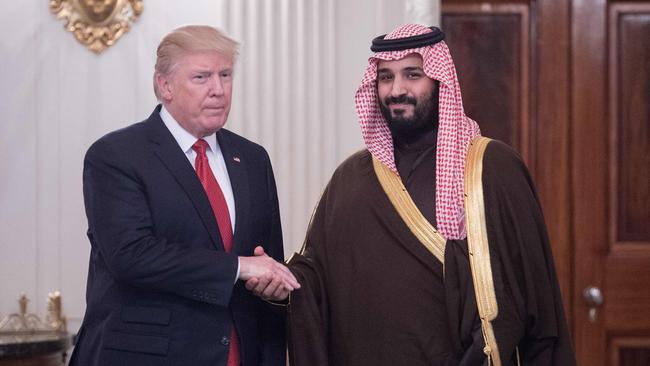
However, much has changed over the past four years and upon re-election Trump must now deal with a region that has no appetite for unpredictability. Saudi Arabia and the UAE, having lobbied against Iran during Trump’s first term, have been forced to make peace with Tehran after it lashed out with attacks that disrupted Saudi’s oil production and shipping off the UAE’s coast.
Iran had been hoping to re-engage with Washington on a new nuclear deal that would lift sanctions in return for more oversight of its nuclear programme. A Trump administration, however, may lead Tehran’s hardliners to double down.
Arab governments left frustrated by what they viewed as Biden’s weak pressure on Israel are betting on Trump’s close ties with Crown Prince Mohammed bin Salman of Saudi Arabia, President Sisi of Egypt and the King Abdullah of Jordan, who all will push the new president to pressure Israel into wrapping up the wars in Gaza and Lebanon.
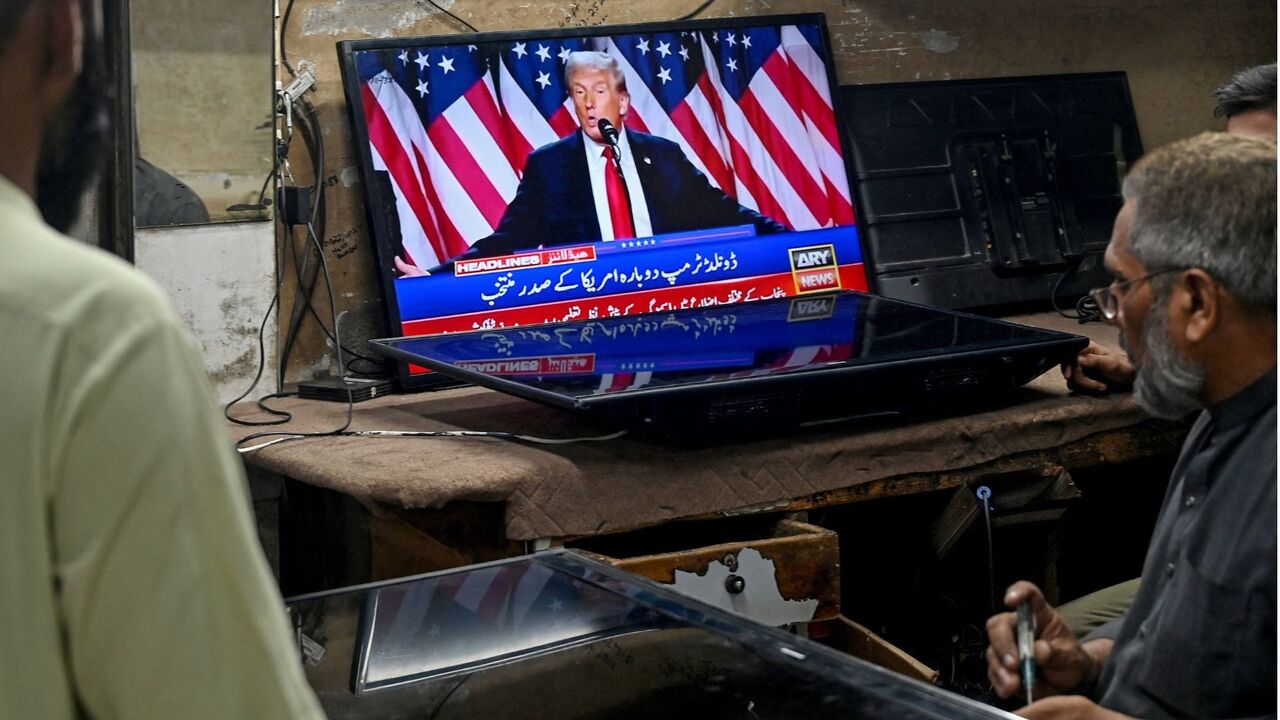
Confronting Europe’s issues
From Bruno Waterfield in Budapest
EUROPEAN leaders will be raking over the implications of Trump’s re-election at a summit in Budapest on Thursday.
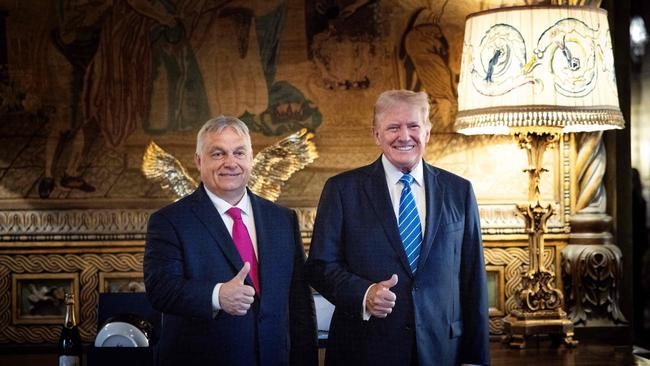
One senior EU official said: “We are not panicking. We should be careful, and keep calm.”
The alarm - swathed in Brussels “keep calm and carry on” platitudes - is compounded because the gathering in Hungary is hosted by Viktor Orban, Trump’s biggest cheerleader in Europe.
The nationalist Hungarian prime minister and EU bogeyman has already cracked open the champagne. “The biggest comeback in US political history! Congratulations to President Trump on his enormous win,” he tweeted as results pointed to a Republican victory. “A much-needed victory for the world.”
Most other European governments see the Trump win as a disaster that will force the EU to confront difficult questions on Ukraine and defence, amid its own divisions and the rise of nationalist populists who admire the president-elect. However, diplomats insist that they are more prepared for the second Trump presidency than they were for the first.
“We are not in 2016 where he was a big surprise,” a senior EU official said. “We are more confident, we have a clear line on what is our agenda.” However, Trump’s unpredictability will remain a concern. Another official said: “It is what we do not know that worries us.”
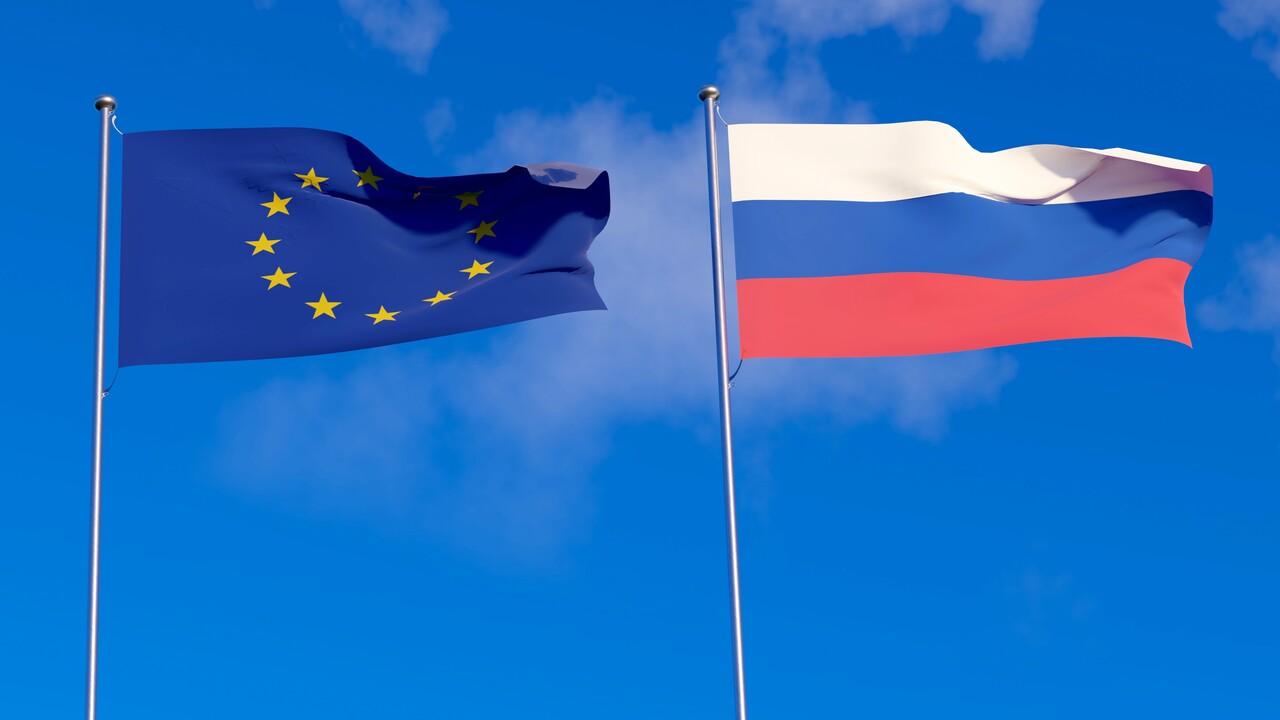
Trump’s potential to undermine Ukraine is highest on the European worry list. Divided European governments fear having to be Ukraine’s bulwark or bastion against Russia in the event of a change in US policy.
Orban, who outraged others in the EU with a trip to Moscow to meet President Putin in July, has predicted that Trump will force the EU away from support for Ukraine. “If the Americans are switching to peace, then we must also adapt,” he told state radio over the weekend.
There are also economic fears over the impact of a struggle for world superiority between a Trumpian Washington and Beijing. Germany is especially worried over the economic fallout of a trade war between the US and China, on top of a new 20 per cent US tariff on European imports.
European industry is concerned that a flood of cheap Chinese exports locked out of US markets in the coming years will devastate Europe’s already stagnant or stuttering economies.
Asia-Pacific: Friends or foes?
By Richard Lloyd Parry
ASSUMING that he does as he has said, Trump’s re-election will have far-reaching effects on the economies and the security of countries in East Asia. But much depends on the detail of what he undertakes and how much time and energy his administration has left over from dealing with wars in Ukraine and the Middle East.
China said on Wednesday that it hoped for “peaceful coexistence” with the US as Trump appeared on the verge of a decisive victory. “We will continue to approach and handle China-US relations based on the principles of mutual respect, peaceful coexistence and win-win co-operation,” Mao Ning, the foreign ministry spokeswoman, said.
However, Trump’s promise to impose 60 per cent tariffs on Chinese imports - and 20 per cent on those from other countries - will set off a trade war with Beijing and hurt the economies of southeast Asia for whom the US is now the biggest export market. This could potentially be offset by more investment in countries such as Thailand and Vietnam by Chinese companies seeking to dodge the heaviest tariffs by manufacturing offshore. The question is whether the new US administration will impose its strictures on Chinese investment globally, rather than just on manufacturing on the mainland.
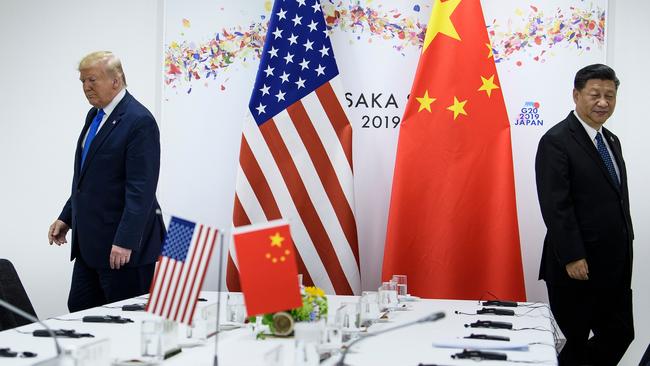
Having been through its own bruising trade battles with Beijing a few years ago, Australia now depends on China as its largest trading partner. Would Canberra, and other US allies such as South Korea and Japan, resist demands by Trump to co-operate in penalising Chinese goods - and what effect would that have on their military alliance with the US, the backbone of their security since the Second World War?
There are no signs that Trump will pull out of Aukus, the deal by which the US and Britain will furnish Australia with nuclear-powered submarines. However, other regional security groupings, such as the Quad, have less appeal for Trump than bilateral negotiations in which he can bring American might to bear on one country at a time.
In his first term, Trump did not follow through on early threats to demand more money from South Korea and Japan in return for stationing US troops on their soil. There are fears that he will renew the effort. This would accelerate the trend in both countries towards establishing stronger, and independent, military capabilities that will enable them eventually to defend themselves without the US. In South Korea, a majority of the public believes this should include home-grown nuclear weapons; if Seoul did go nuclear, Japan could follow and the international non-proliferation regime would be broken.
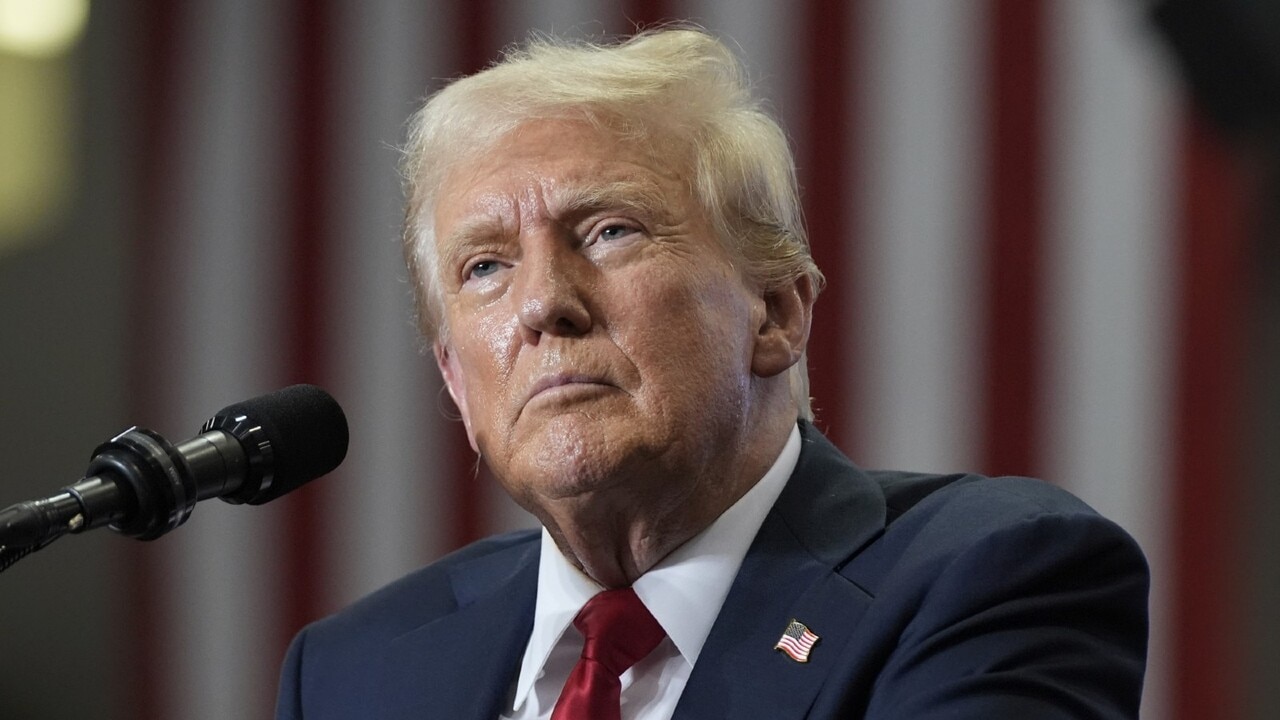
Trump has also said that Taiwan should pay for American “protection”. Any sign that the US is weakening in its commitment to protect the self-ruling island, as well as the disputed reefs of the South and East China Seas, will embolden President Xi in his ambitions to bring them under mainland rule, by force if necessary.
In his first term, Trump reversed his attitude towards North Korea. Having threatened “fire and fury”, he exchanged “love letters” with Kim Jong-un and held three summit meetings with him.
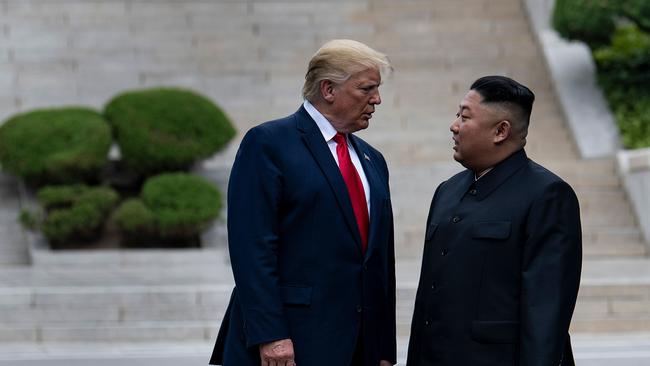
He hinted during his election campaign that he would renew the effort to reach a disarmament deal with Kim. In South Korea, many fear that this would shut down the long-range North Korean missiles that threaten Washington, while signalling tacit acceptance of the short-range weapons that could incinerate Seoul.
The Times


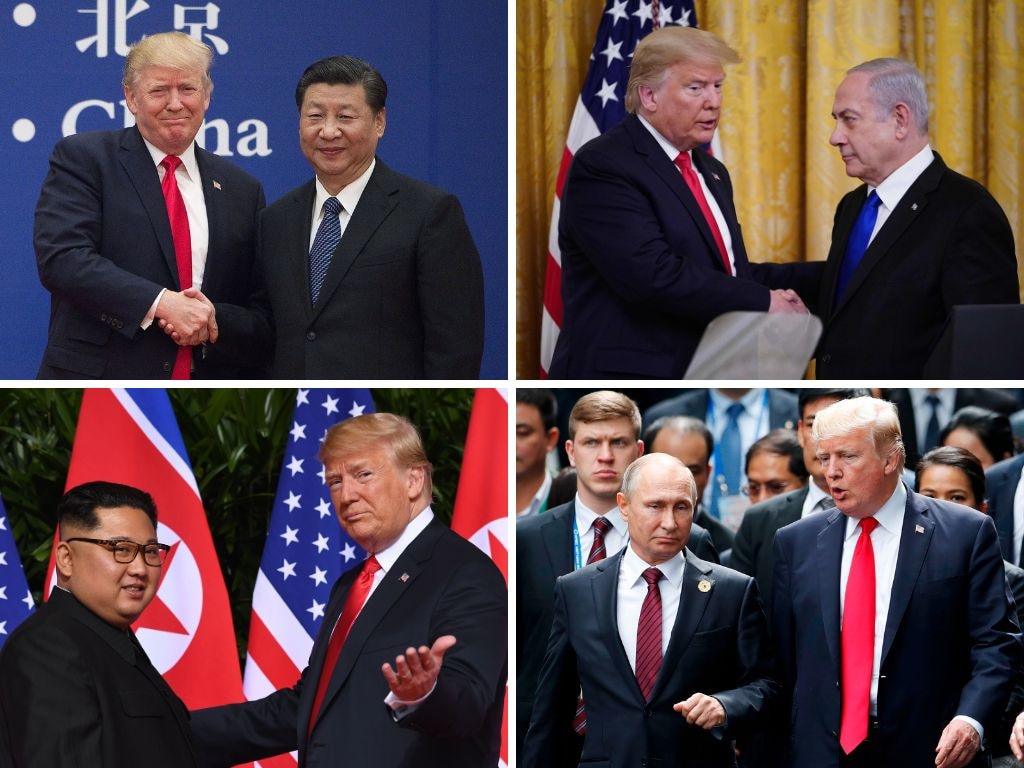
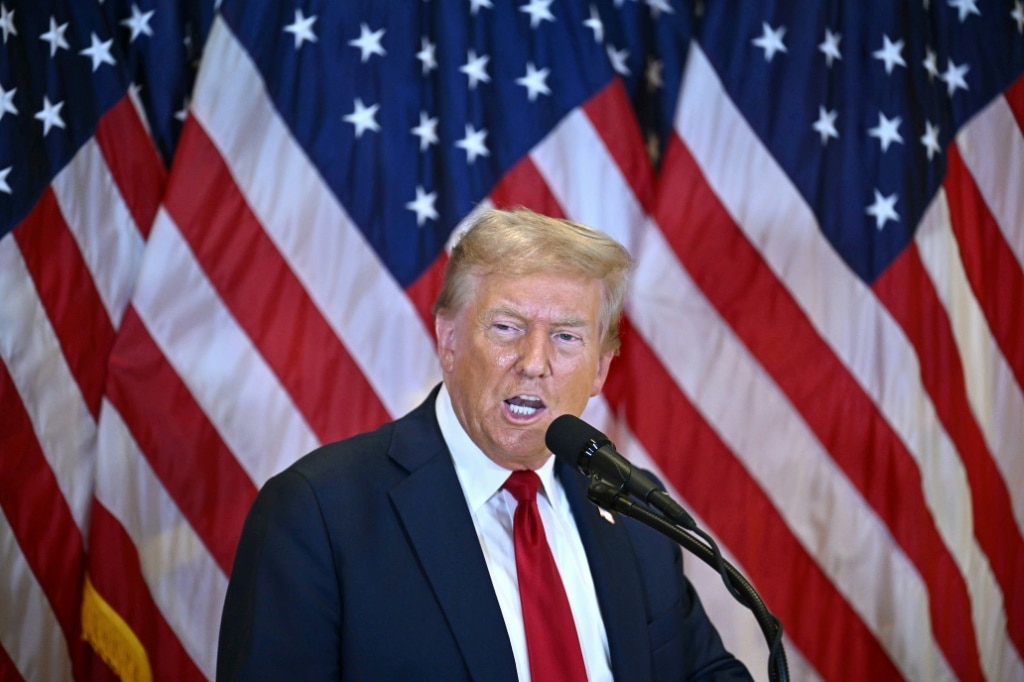

To join the conversation, please log in. Don't have an account? Register
Join the conversation, you are commenting as Logout